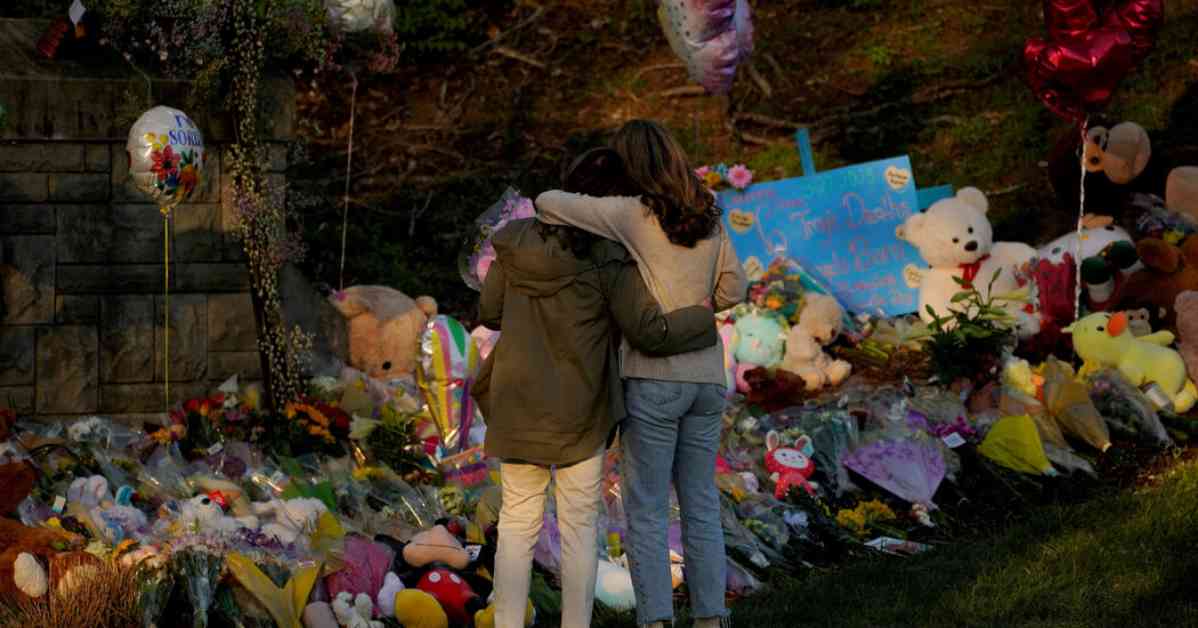A Nashville judge made a decision late Thursday regarding the release of writings left behind by the assailant responsible for killing six people at a Christian school in the city last year. The judge sided with the wishes of the families of surviving children and refused to allow the publication of the documents.
The debate over whether to make the journals and other documents public has been a highly emotional legal dispute since the attack took place in March 2023. It is almost certain that the ruling will be appealed.
The families of the surviving students, the school, and its affiliated church argued that releasing the writings would only further traumatize their community and potentially encourage others to commit similar acts. On the other hand, journalists, gun rights groups, and a Republican state lawmaker contended that public records laws required the disclosure of the documents, especially given the ongoing division in the Tennessee General Assembly on how to address the shooting.
In her ruling, Chancellor I’Ashea L. Myles of the Chancery Court in Davidson County, Tenn., acknowledged that school shootings and violence have unfortunately become all too common in our society. She also recognized the societal expectation of immediate access to information. However, she emphasized the importance of balancing this access with the need to protect the integrity of the legal system, particularly the criminal legal system.
The judge’s decision highlights the delicate balance between transparency and sensitivity in cases involving tragic events like school shootings. The debate over the release of such documents raises important questions about the rights of the public to information and the need to consider the impact on those directly affected by the violence.
As the legal battle over the assailant’s writings continues, it is crucial to remember the human toll of such tragedies and the complex ethical considerations involved in deciding what information should be made available to the public. The judge’s ruling reflects a thoughtful approach to navigating these challenging issues while upholding the principles of justice and compassion.


















